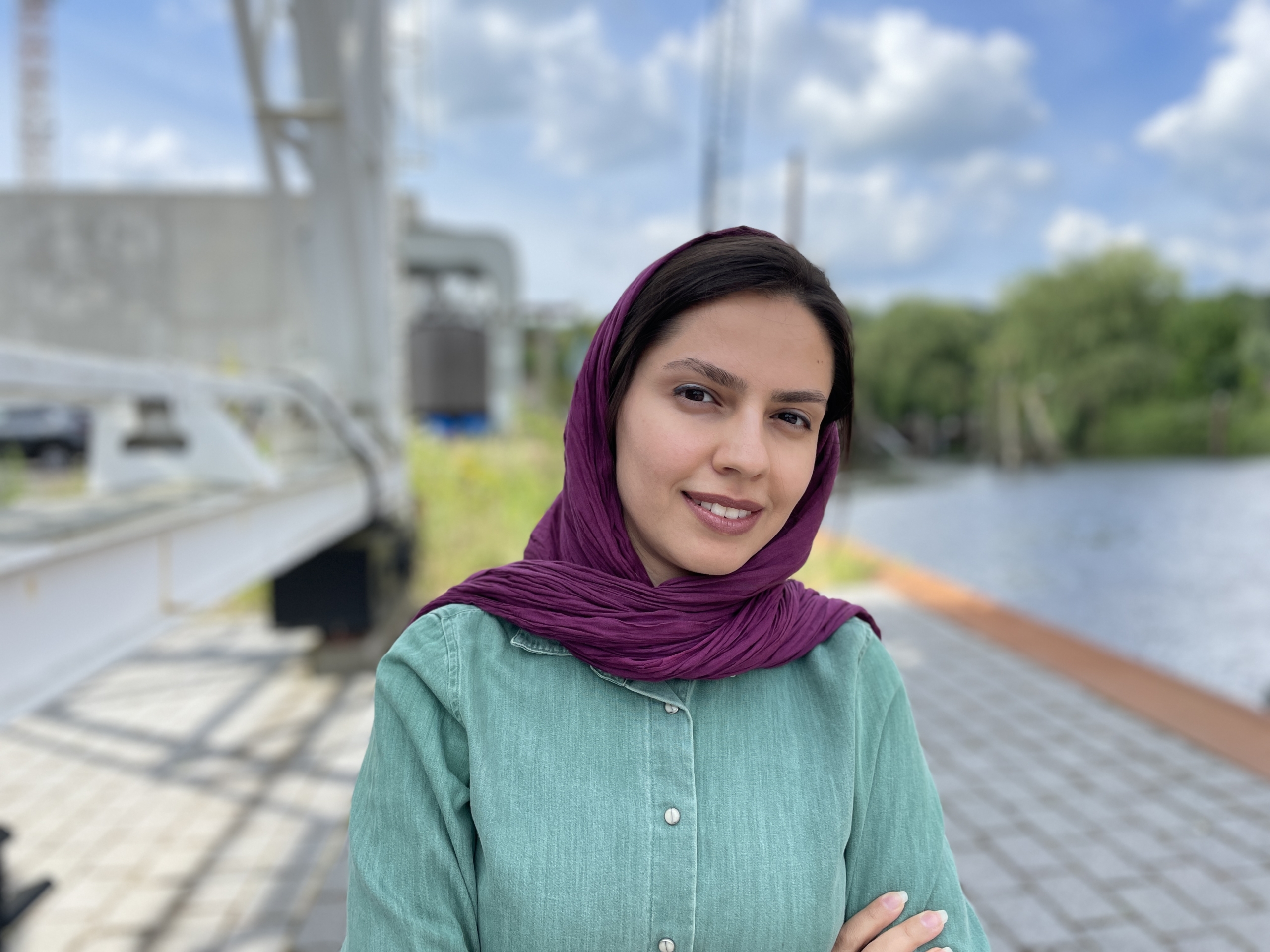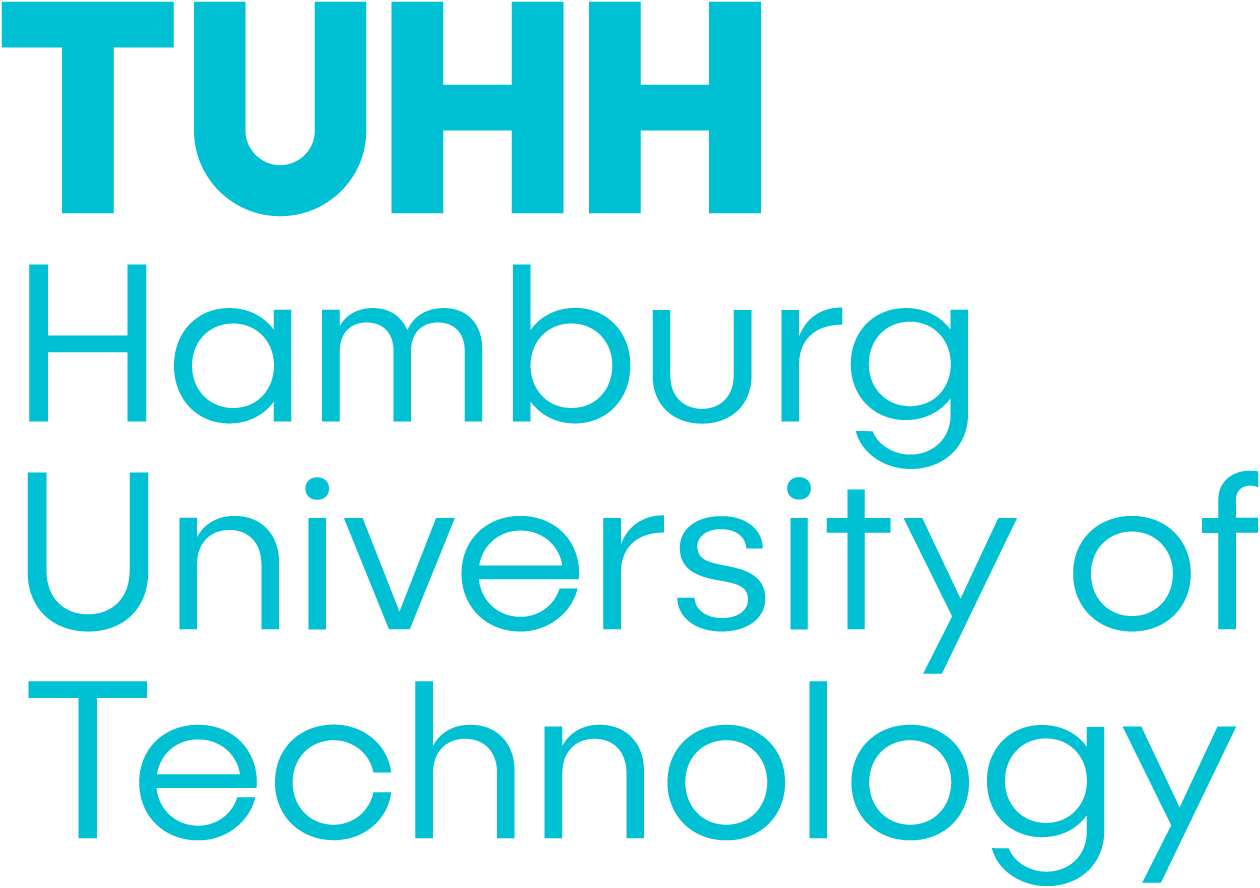Machine Learning Methods for Application in Bio-EMC

Funding: Freie und Hansestadt Hamburg
Contact: Hamideh Esmaeili, M.Sc.
Start: 01.11.2021
Bio-electromagnetic (BioEM) engineering, an emerging inter-discipline area with many high-end technologies involved, draws tremendous interest of researchers and scientists. It is foreseeable that human implants will be developed as highly integrated and intelligent devices of ultra-small size, low-power consumption but full abilities of sensing, controlling, data processing, wireless data and power transmission. Among them, one of the most challenging designs is the human brain implant, which is expected to change patients’ life as well as promote normal human beings’ life.
Since brain implants are in a very close interaction with a human body and complicated brain tissues, it is essential to learn and to control their EM effects on a human brain environment. This requires using highly accurate, efficient and reliable modelling, simulation and measurement tools and techniques to characterize their hierarchical, anisotropic, dispersive features. Furthermore, crosstalk and interference between implants and on-/off-body electronics causes more issues in realistic scenarios.
Considering all above, this project aims to develop brain implants and human head models, improve simulation methods and facilitate measurement and validation ways to get closer to real state in this principal criterion. Especially, machine learning (ML) methods, which has witnessed a rapid development in solving complex electromagnetic (EM) problems, will be adapted to solve Bio-EMC problems for brain implants, and three work packages are planned as following:
- Getting realistic implant model with wireless power transfer and realistic human head model are the main primary step to get in to the problem. Hence, in this work package, the focus is mainly providing accurate simulation models for both of them.
- Near Field full-wave simulation provides the most accurate simulation results, but it is obviously time and memory consuming due to huge numerical calculations. Adaptive sampling and ML-based clustering and data acquisition of Huygens surface is expected to be a replacement for full wave simulations. Hence, in this work package, an adaptive sampling method will be used to detect brain implant EM field on human head models and errors in comparison to full wave simulation will be investigated. ML-based Source reconstruction and EM inverse scattering is another interest in this work package which will be used in other parts for optimization as well.
- Measurements using Near-Field scanner for simulation result validation will be done. Elaborating the problem to DUT-to-DUT correlation of human head model using several brain implants as well as applying Machine Learning Methods for EMC analysis regarding various parameters, such as the position, the distance, the orientation and the frequency is the main interest in this work package.
Publications:
Data-Efficient Prediction of the Specific Absorption Rate in a Human Head Model Exposed to a Plane EM Wave Using Gaussian Process Regression Proceedings Article In: 2024 International Symposium on Electromagnetic Compatibility – EMC Europe, Bruges, Belgium, September 2-5 2024. |
In: IEEE Transactions on Electromagnetic Compatibility, Early Access, pp. 1-11, 2024. |
SAR Prediction for Human Head Models Considering Dependencies on Incident Angle of Exposure Using Parameter Prioritization in ANNs Proceedings Article In: 2024 IEEE MTT-S International Microwave Biomedical Conference (IMBioC), Montreal, Canada, June 11-13, 2024. |
Physics Inspired Artificial Neural Network Adaptation for SAR Prediction in Bio-EM Problems Proceedings Article In: The 2023 International Microwave Biomedical Conference, Leuven, Belgium, September 11-13, 2023. |
SAR Prediction in Human Head Tissues with Varying Material Parameters Using an Artificial Neural Network Proceedings Article In: Annual Conference of BioEM, Oxford, United Kingdom, June 18-24, 2023. |
Flexible Numerical Evaluation of Human Head Exposure to a Transmitter Coil for Wireless Power Transfer at 13.56MHz Proceedings Article In: IEEE International Symposium on Electromagnetic Compatibility - EMC Europe, Gothenburg, Sweden, September 05-08, 2022. |

